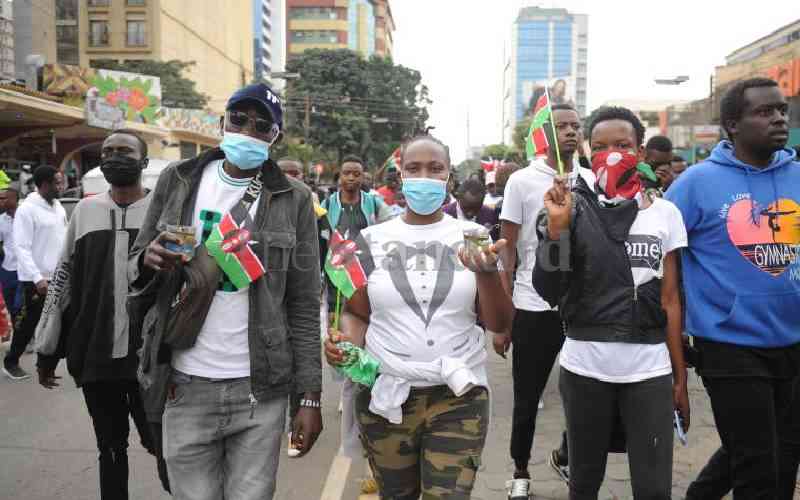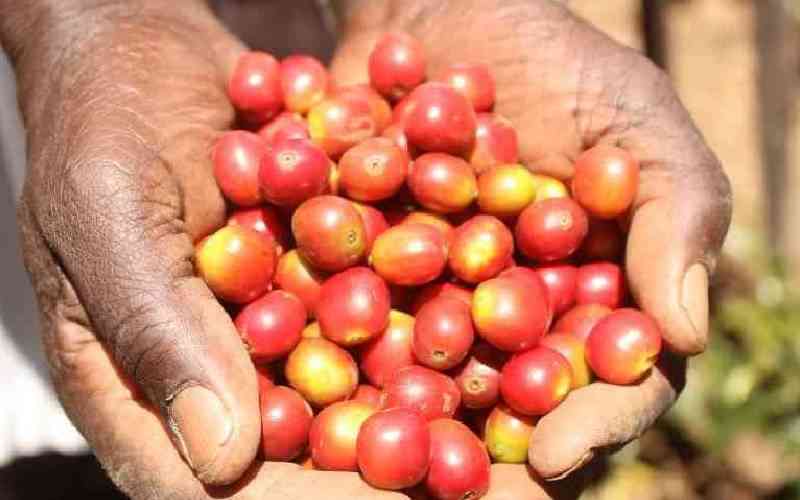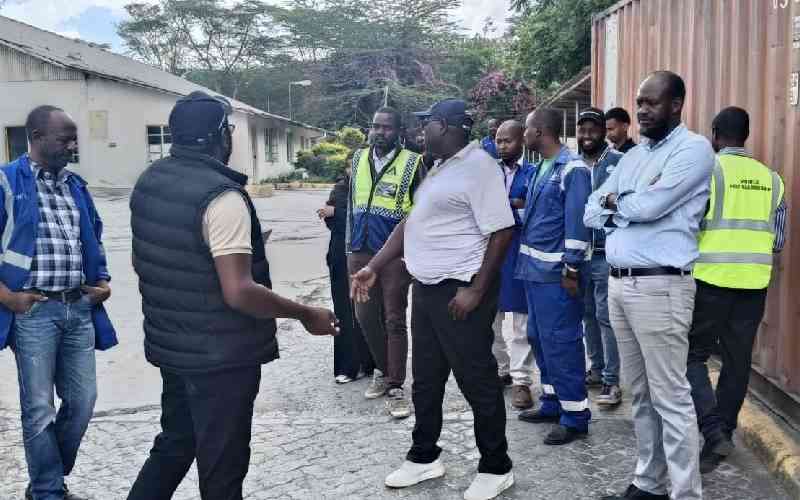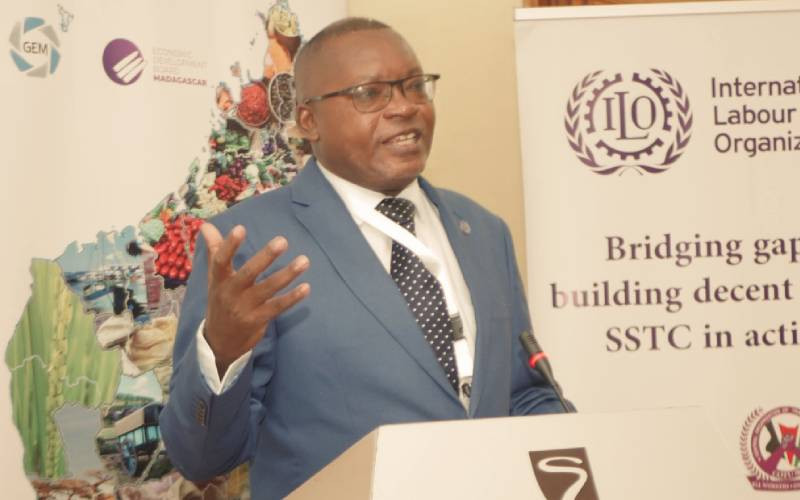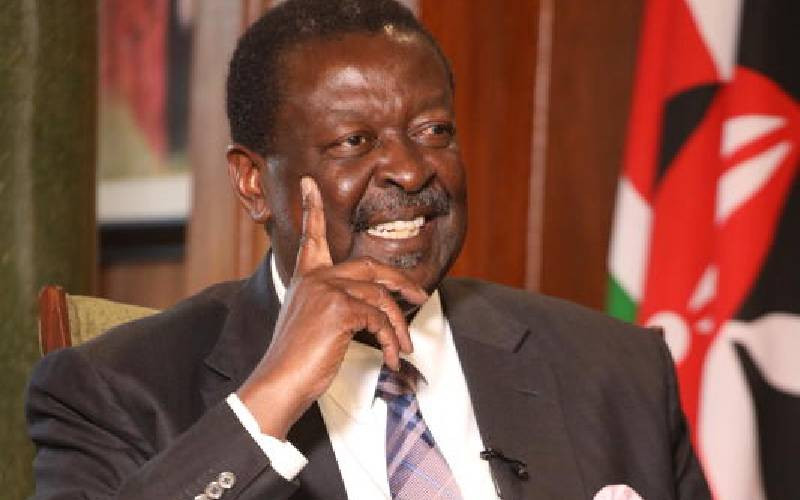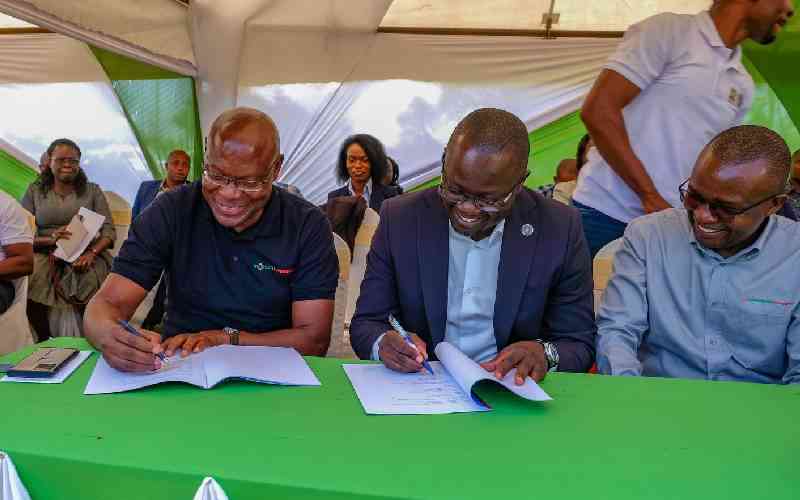
Safaricom Foundation has launched the Wezesha Agri-Eco Hub Project, which targets to empower more than 5,000 youth in Busia county through agriculture, enterprise development, and ecopreneurship.
The Foundation has invested Sh120 million in the two-year pilot programme, which will be implemented in collaboration with Ustadi Foundation, Lake Basin Development Authority (LBDA), Alupe University, and Busia county government, among other partners.
The programme seeks to train 5,000 youth, women and persons with disabilities in Busia county, focusing on agribusiness, digital literacy, and value chain management skills. It will also promote climate-smart farming practices among youth-led farms in the region, ensuring sustainability and resilience in agricultural production.
“Our current strategy places strong emphasis on economic empowerment as a key pillar of community transformation. This project, which is phase 3 of the Wezesha Agri Programme, is designed to inspire a new generation of agripreneurs and redefine agriculture as a viable and attractive pathway for youth to achieve self-reliance,” said Safaricom Foundation Chairman Joseph Ogutu.
Under the programme, over 4,000 youth will be linked to digital finance platforms, enabling them to access loans, savings, and insurance products to support their agribusiness ventures. The programme will also create employment opportunities by connecting youth-led agribusinesses to local and international markets via e-commerce.
Safaricom Foundation will also establish a centre of excellence Demo Farm in Alupe, where youth will gain hands-on experience in agribusiness and ecopreneurship.
Participants will be introduced to innovative agricultural techniques, green technologies such as solar-powered irrigation and biogas systems, and digital tools to help them access financial services and markets.
The programme seeks to bridge the gap between theoretical knowledge and practical application in a bid to equip youth with the skills needed to thrive in a modern, technology-driven agricultural sector.
Ustadi Foundation, which will implement the programme, has contributed Sh18 million and professional support, while the Lake Basin Development Authority will provide a 12-acre demonstration farm as well as technical expertise, in collaboration with Alupe University. Busia county government has also pledged to ensure successful implementation of the programme.
The Wezesha III Agri-Eco Hub Project builds on the success of earlier Wezesha Agri initiatives, such as the programme in Kajiado county, which empowered more than 1,000 youth and women to establish thriving agribusinesses. Successful implementation of this pilot phase in Busia will see the programme scaled to 18 counties across the country.
 The Standard Group Plc is a multi-media organization with investments in media platforms spanning newspaper print
operations, television, radio broadcasting, digital and online services. The Standard Group is recognized as a
leading multi-media house in Kenya with a key influence in matters of national and international interest.
The Standard Group Plc is a multi-media organization with investments in media platforms spanning newspaper print
operations, television, radio broadcasting, digital and online services. The Standard Group is recognized as a
leading multi-media house in Kenya with a key influence in matters of national and international interest.


